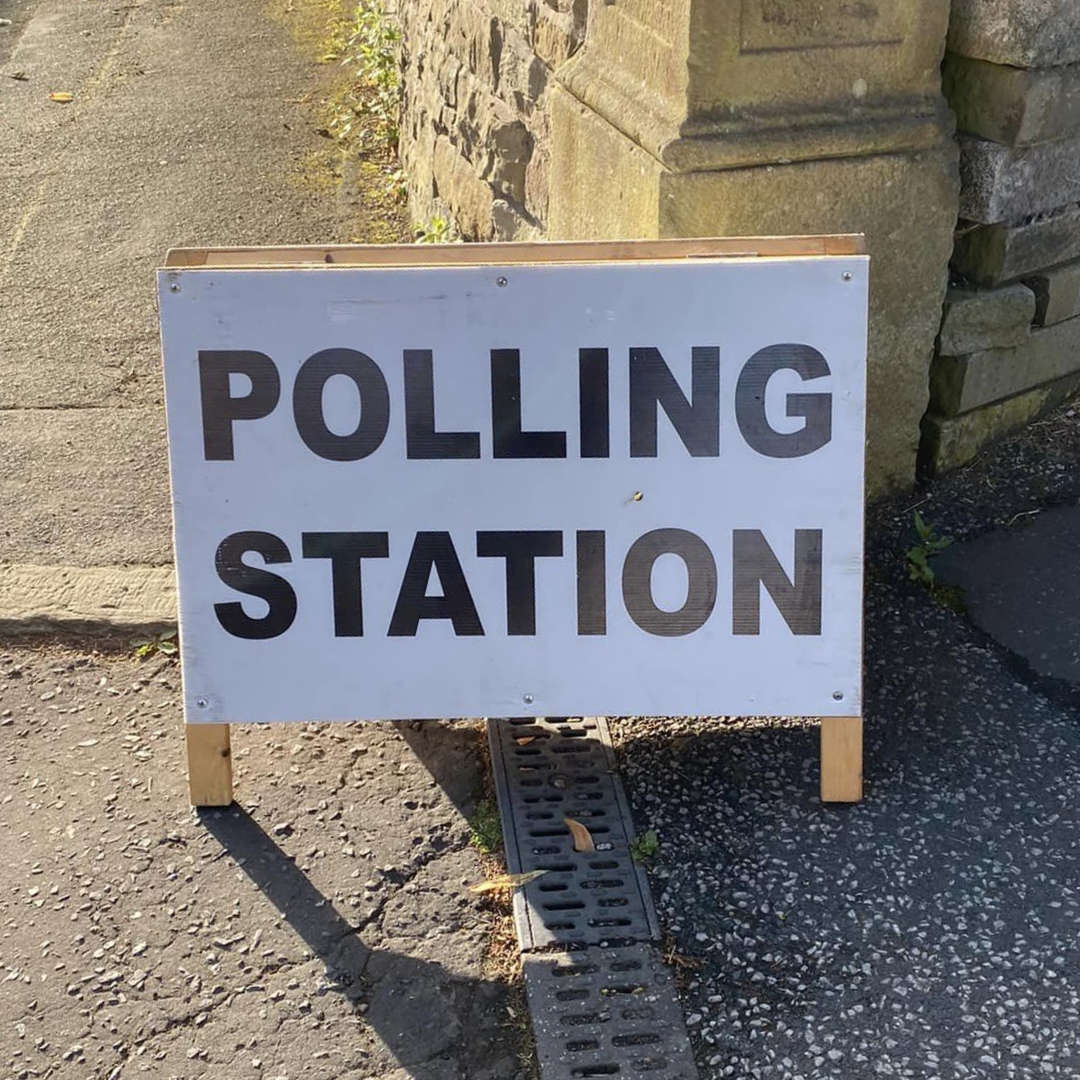
Residents of Kirkholt are being reminded that a local byelection will take place on Thursday 1 May, and they are being encouraged to get out and vote.
If you’re wondering what a byelection is, it’s just a special election held when a seat on the local council becomes empty before the normal elections.
This can happen if a councillor resigns, passes away, or can no longer carry out their duties. In Kirkholt, it means that people living in the ward now have a chance to choose a new councillor who will represent them at Rochdale Borough Council, in this case the byelection is because Elsie Blundell who became an MP last summer resigned as Councillor.
Why does it matter?
Local councillors make important decisions about everyday things that affect your life. This includes looking after parks, deciding how often your bins are collected, planning for new houses, setting school budgets, and fixing potholes in the roads and cycle lanes. If you don’t vote, you’re missing your chance to have a say in who makes those decisions.
How does voting work?
It’s very simple. If you are registered to vote, you’ll be sent a polling card telling you where your polling station is. On 1 May, you go along to your polling station, give your name, and get your voting paper.
You can only vote for one person. If you put more than one cross, your vote won’t be counted.
Who you can vote for
Here are the candidates standing in the Kirkholt byelection:
-
Leanne Greenwood – Labour Party
-
Billy Howarth – Independent
-
Chariss Laura Peacock – Liberal Democrats
-
Laura Pugh – Workers Party of Britain
-
Mudassar Razzaq – The Conservative Party Candidate
-
Martyn David Savin – The Green Party
-
Jordan Tarrant-Short – Reform UK
You will see their names listed on your ballot paper at the polling station. Remember, you can only vote for one.
How local voting links — or doesn’t link — to national politics
Some people wonder if voting for a particular party in a local election changes who runs the country. The simple answer is: not really.
Local elections, like the one in Kirkholt, decide who looks after local issues in your town or borough. They do not change who is Prime Minister or who controls Parliament.
However, political parties do keep an eye on local election results. If lots of areas vote a different way than usual, it can sometimes send a message to the government about how people are feeling. But your vote in Kirkholt is mainly about picking someone who will deal with local issues like roads, cycle lanes, bins, housing, parks, and planning decisions.
Even if you usually support a certain party nationally, it’s still worth looking at what each candidate says they will do locally, because their ideas and hard work will affect where you live every day.
What if you can’t make it to vote in person?
If you’re busy, away, or can’t get to the polling station for any reason, you can apply for a postal vote or ask for someone you trust to vote for you using a proxy vote. But you have to apply for these ahead of time, so don’t leave it too late.
Why your vote matters
Sometimes people think one vote doesn’t make a difference. But in local elections, the results can be decided by just a handful of votes. Every single vote counts. The person elected will have a say over how money is spent locally and how services are run.
By voting, you are helping choose someone who will speak up for you and your neighbours at the council.
When and where
-
Date of election: Thursday 1 May 2025
-
Polling stations: (Please refer to your polling card)


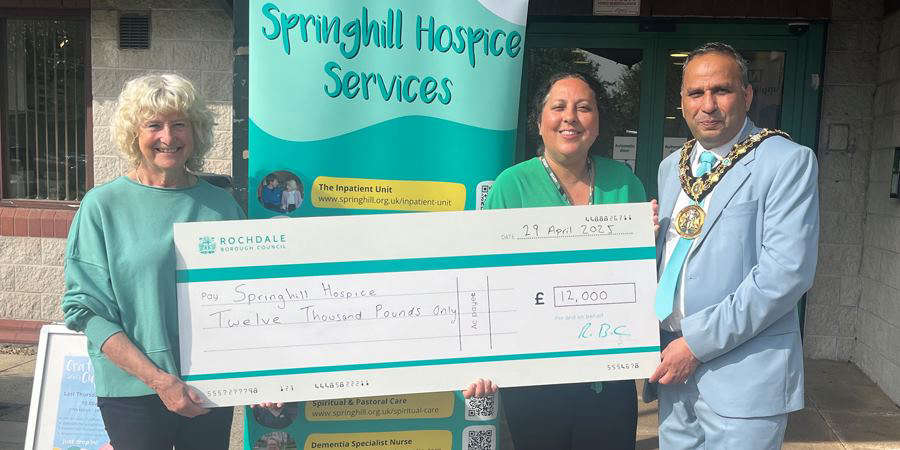 £12,000 spring boost for Springhill Hospice through national recycling scheme
£12,000 spring boost for Springhill Hospice through national recycling scheme
 Rochdale tragedy shows the dangers of social media speculation
Rochdale tragedy shows the dangers of social media speculation
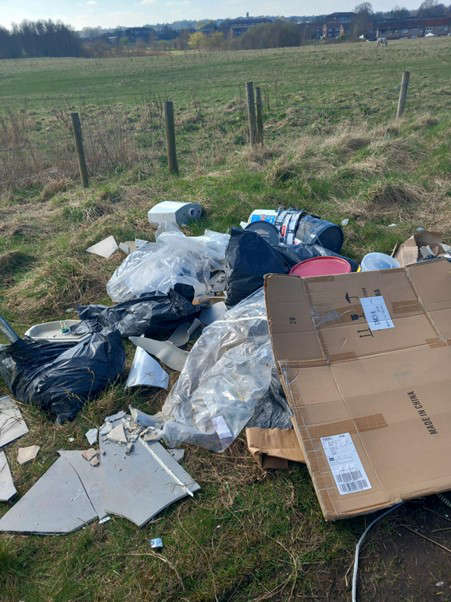 Another six people fined for fly-tipping and littering in Bury
Another six people fined for fly-tipping and littering in Bury
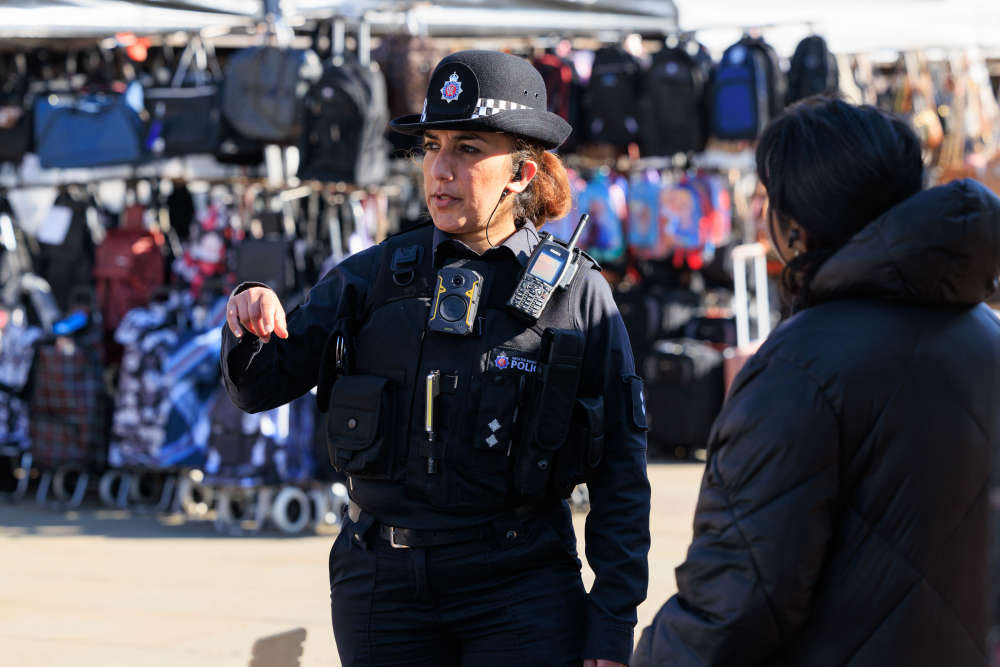 Policing operation working with businesses to tackle retail crime and anti-social behaviour in Rochdale Town Centre
Policing operation working with businesses to tackle retail crime and anti-social behaviour in Rochdale Town Centre
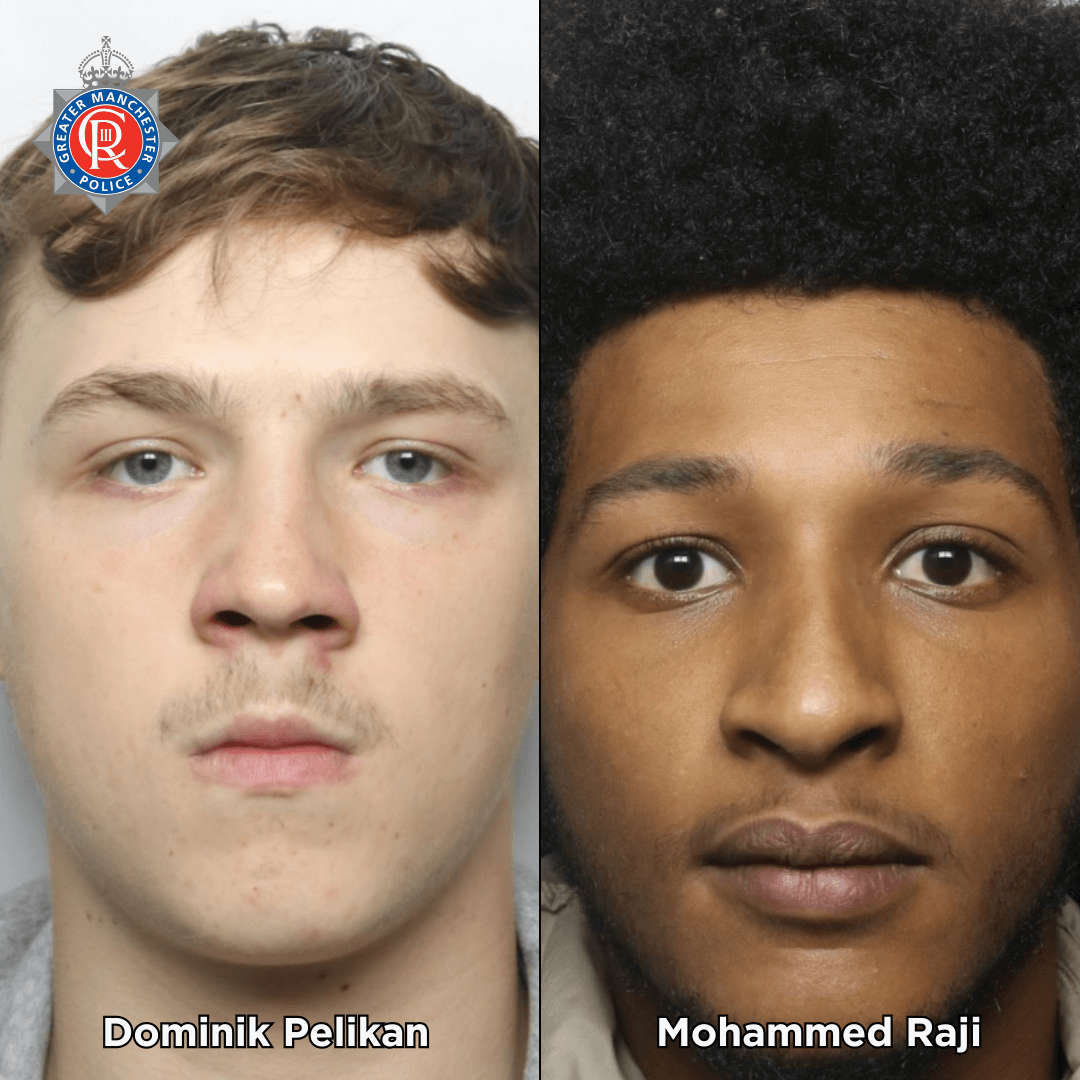 Investigation into firearm offences sees two men jailed
Investigation into firearm offences sees two men jailed
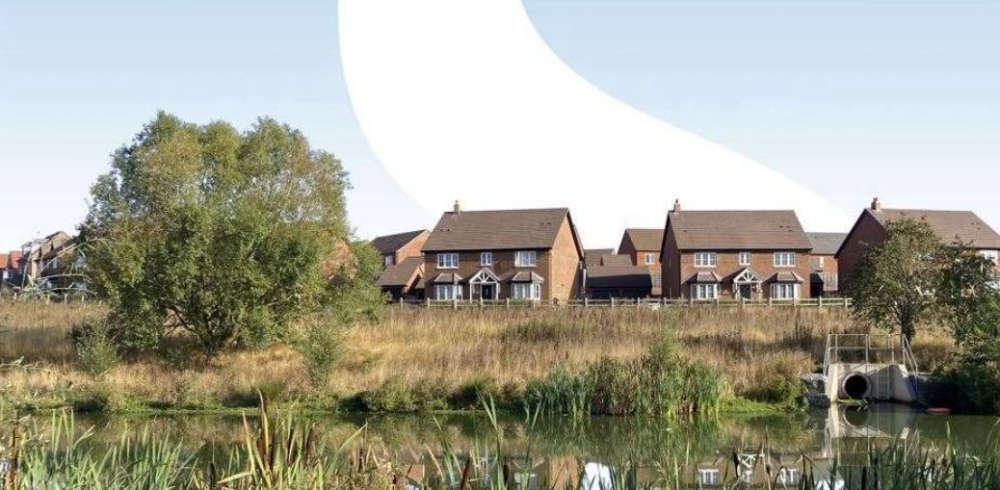 Hundreds of new homes and industrial space scheme tabled
Hundreds of new homes and industrial space scheme tabled
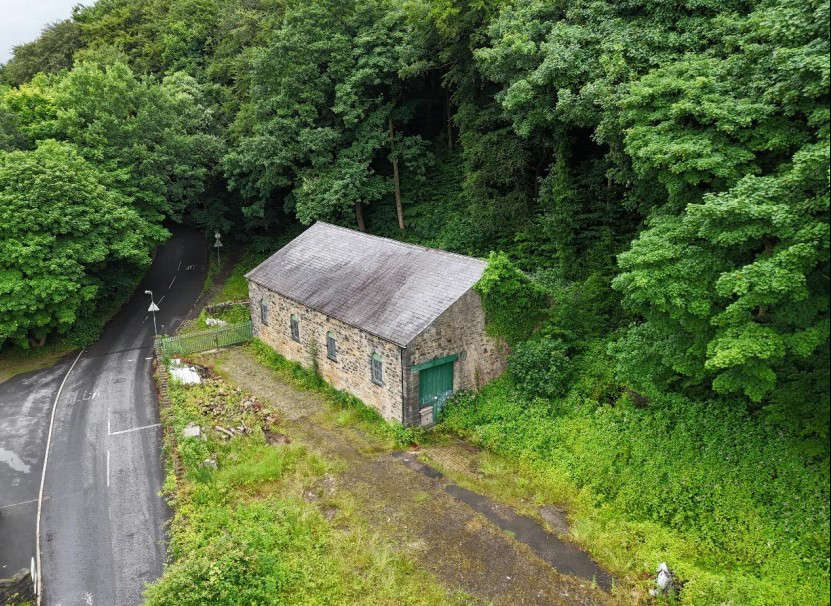 ‘Prestige’ restaurant set to open in converted ‘engine shed’ next to heritage railway
‘Prestige’ restaurant set to open in converted ‘engine shed’ next to heritage railway
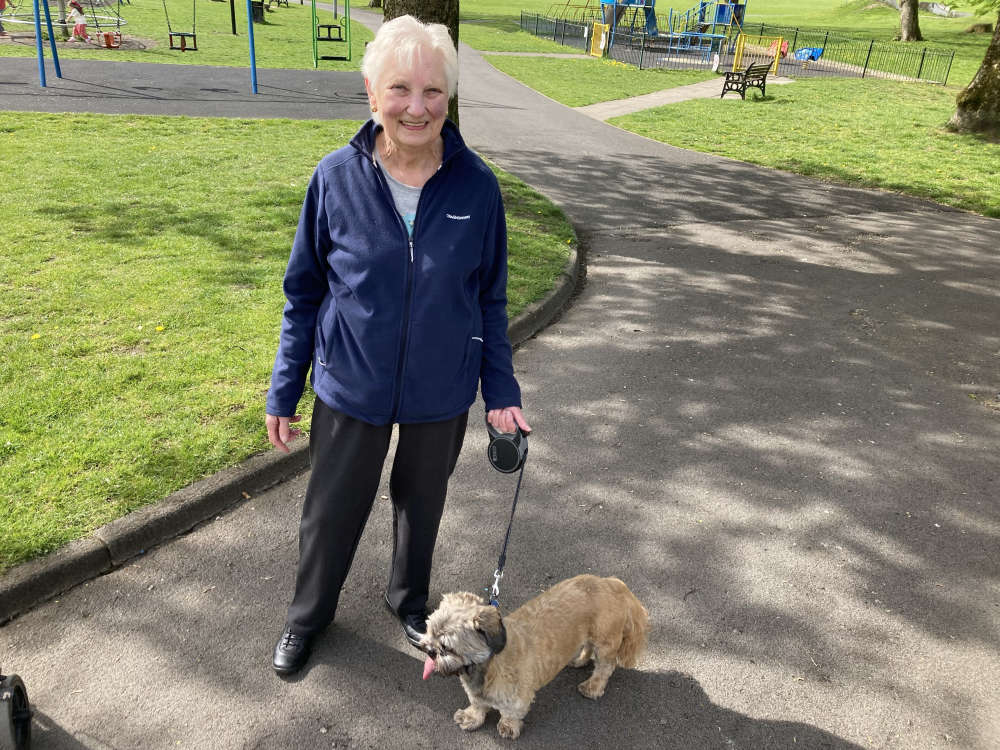 Former Lib Dem councillor Patricia Colclough said she would be voting for Reform on May 1
Former Lib Dem councillor Patricia Colclough said she would be voting for Reform on May 1
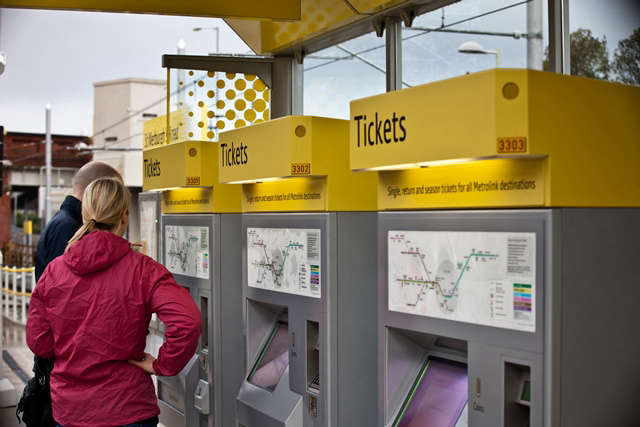 Metrolink service changes and work to repair overhead power lines set to take place this afternoon
Metrolink service changes and work to repair overhead power lines set to take place this afternoon
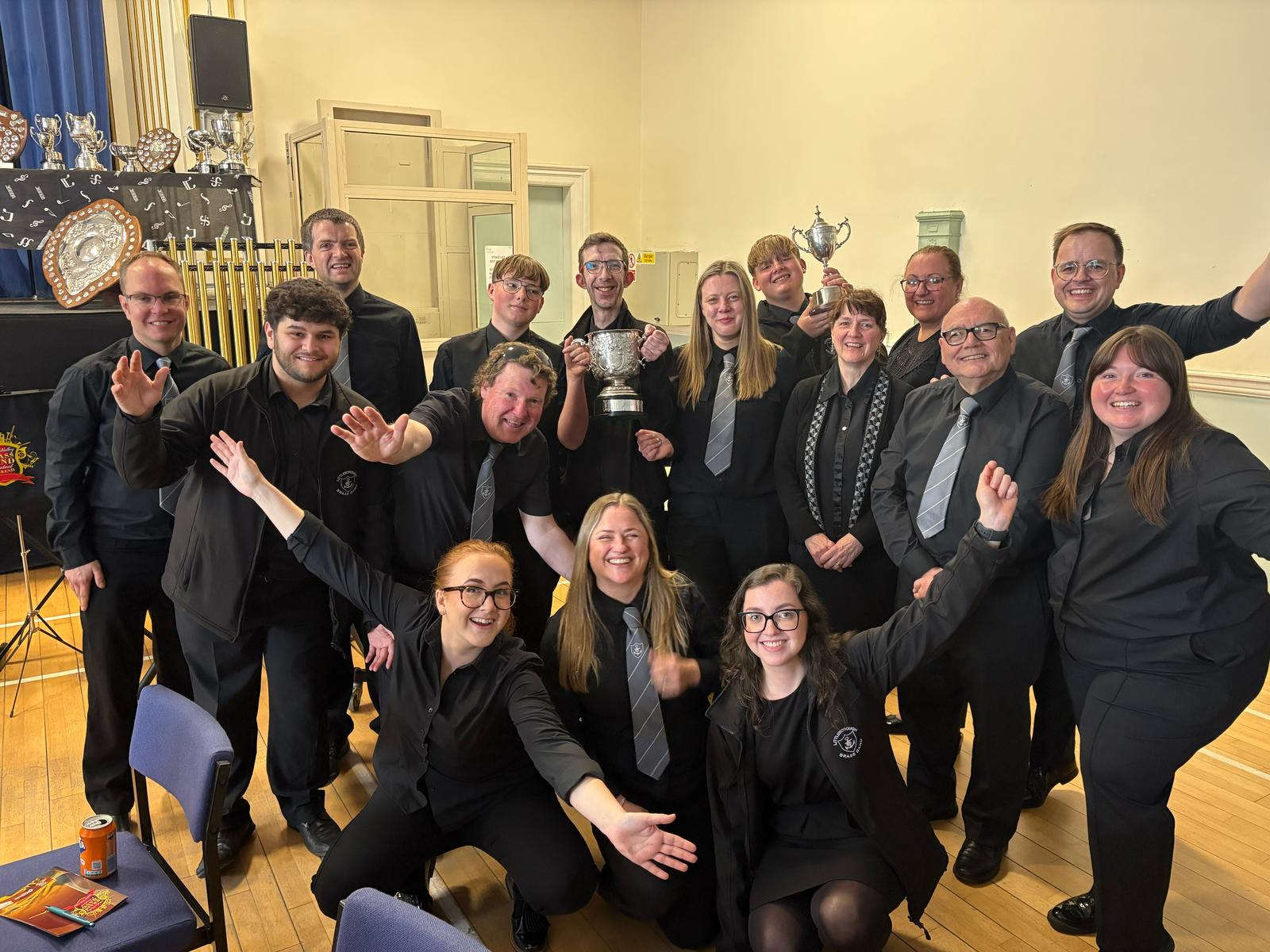 Littleborough Brass Band triumphs again at Holme Valley contest
Littleborough Brass Band triumphs again at Holme Valley contest
 Four local MPs vote through Football Governance Bill at second reading
Four local MPs vote through Football Governance Bill at second reading
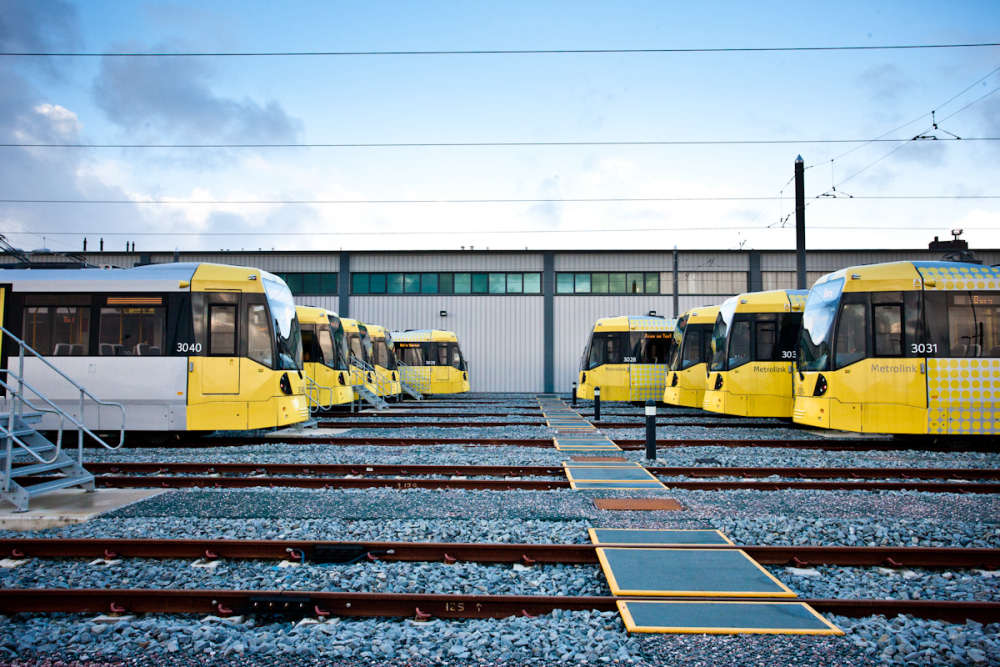 Power outage disrupting Metrolink services
Power outage disrupting Metrolink services



Comments
Add a comment